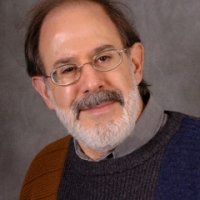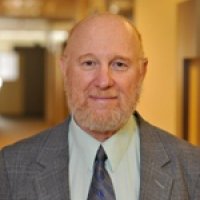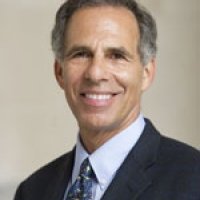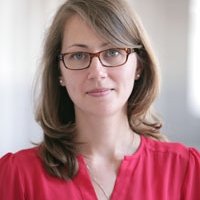Eastern Europe’s Most Difficult Transition: Public Health and Demographic Policy, Two Decades after the Cold War
Dr. Murray Feshbach was one of the first scholars to point out the devastating political and socio-economic effects of state communism’s failure to seriously address decaying public health and environmental conditions. His pioneering work remains relevant. More than two decades after the close of the Cold War, many health and demographic indicators in the former Warsaw-Pact states (including Russia) remain surprisingly inferior to those of the neighboring states of Western and Southern Europe.
In honor of Dr. Feshbach, this panel presents recent research that revisits the region’s health and demographic challenges and opportunities, in the context of today’s Europe. Richard Cincotta will present an analysis of mortality risk in the former Warsaw Pact states. Jack Goldstone will discuss the effects of Russian fertility policies. Ligia Paina will discuss Romania’s policy approach to ensure access to medical services for rural and underserved populations, in the context of ongoing migration of health professionals.
This event is being co-hosted by the Environmental Change and Security Program and the Kennan Institute.
Opening Remarks
Blair Ruble, Vice President for Programs; Director, Urban Sustainability Laboratory; Senior Advisor, Kennan Institute, Wilson Center
Harley Balzer, Associate Professor of Government and International Affairs, Georgetown University
Nicholas Eberstadt, Henry Wendt Chair in Political Economy, American Enterprise Institute.
Speakers
Richard Cincotta, Demographer in Residence, The Stimson Center and Wilson Center Global Fellow ECSP
Jack A. Goldstone, Professor of Public Policy, George Mason University and Wilson Center Fellow
Ligia Paina, Assistant Scientist, Johns Hopkins University School of Public Health and Former Title VIII-supported Wilson Center Scholar
Moderator
Blair Ruble, Vice President for Programs; Director, Urban Sustainability Laboratory; Senior Advisor, Kennan Institute, Wilson Center
Speakers

Former Wilson Center Vice President for Programs (2014-2017); Director of the Comparative Urban Studies Program/Urban Sustainability Laboratory (1992-2017); Director of the Kennan Institute for Advanced Russian Studies (1989-2012) and Director of the Program on Global Sustainability and Resilience (2012-2014)

Professor Emeritus, Georgetown University


Virginia E. and John T. Hazel Professor of Public Policy, George Mason University; Wilson Center Fellow

Assistant Scientist, International Health: Health Systems, Bloomberg School of Public Health, Johns Hopkins University
Hosted By

Global Europe Program
The Global Europe Program is focused on Europe’s capabilities, and how it engages on critical global issues. We investigate European approaches to critical global issues. We examine Europe’s relations with Russia and Eurasia, China and the Indo-Pacific, the Middle East and Africa. Our initiatives include “Ukraine in Europe”—an examination of what it will take to make Ukraine’s European future a reality. But we also examine the role of NATO, the European Union and the OSCE, Europe’s energy security, transatlantic trade disputes, and challenges to democracy. The Global Europe Program’s staff, scholars-in-residence, and Global Fellows participate in seminars, policy study groups, and international conferences to provide analytical recommendations to policy makers and the media. Read more


Kennan Institute
The Kennan Institute is the premier US center for advanced research on Eurasia and the oldest and largest regional program at the Woodrow Wilson International Center for Scholars. The Kennan Institute is committed to improving American understanding of Russia, Ukraine, Central Asia, the South Caucasus, and the surrounding region through research and exchange. Read more


Environmental Change and Security Program
The Environmental Change and Security Program (ECSP) explores the connections between environmental change, health, and population dynamics and their links to conflict, human insecurity, and foreign policy. Read more
